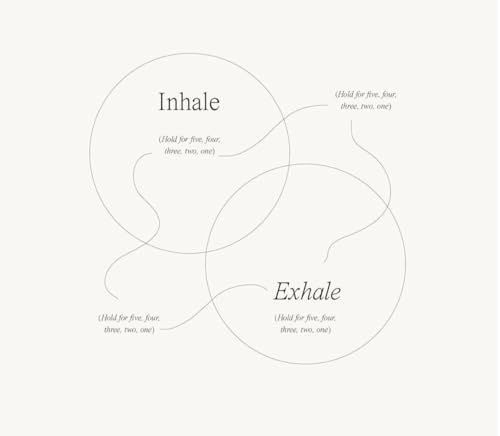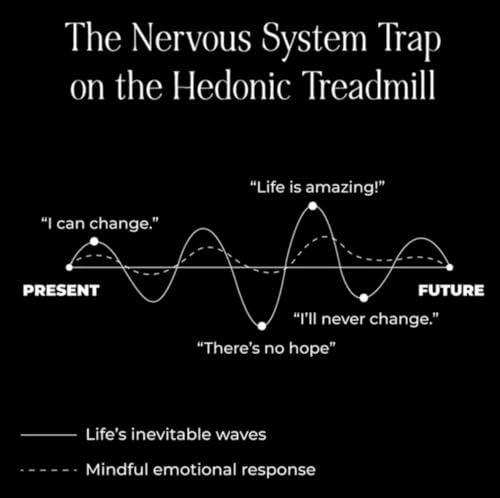Beloved,
As a intuitive and long time hypnotherapist, I’ve seen many testimonies that what I’m about to share is one hundred percent true and will bring you warmth, hope and love into your heart.
May it hep you see the big picture from your oversoul and highest timeline.
Let’s jump in.
No One Crosses Over the Veil - Alone
Death is the greatest lie ever told.
We never truly die. The soul is eternal energy that cannot be destroyed.
Souls who cross over quickly realize heaven is real. Their main message: “I’m okay—and I’m still with you.”
Grieving?
Notice repeating numbers, flickering lights, temperature shifts, feeling watched, vivid dreams? These are signs from loved ones saying they’re at peace.
Most people fear death—even believers—especially when facing illness or unwilling to leave. That fear often spreads to those left behind.
Every living being has a soul. It creates deep bonds, empathy, and love—even with pets.
Souls ABSOLUTELY recognize other souls.
Our innocent souls are created in the spark of light, from the council of light and source - and then sent to Earth with purpose, gifts, relationships, and lessons.
Your Soul’s Contract is pre-meditated and unleashed with FREE WILL.
When our time ends, it’s a transition—not an ending.
At death, the soul leaves the body.
Pain, illness, dementia, physical losses stay behind.
The soul emerges whole and restored.
Religion is a institution of beliefs and LAWS, but are NOT divine.
“Souls dont go to heaven if they dont repent, soul’s get lost or cannot transition….” - its all a notion I will challenge.
No one crosses alone.
Loved ones, family, friends, and pets in spirit are alerted and greet you.
Deathbed visions are real and documented medically.
Angels and the LIGHT are seen as one releases the carnal saturation of beliefs.
Fear vanishes the instant you see familiar faces. Transition feels like stepping into a vivid, peaceful dream—weightless, worry-free, fully present.
Many don’t realize they’ve passed at first—too happy reuniting. If worried about loved ones left behind, they’re often shown a preview of their future to ease guilt and allow peaceful release.
Souls can briefly linger during transition—see and hear the living, choose when to fully cross.
Near-death experiences confirm this:
freedom from pain, reunions, then return. They prove there’s no true end.
On the other side, souls pick personal signs—butterflies, songs, cardinals, rainbows—to reach you and ways to help—guiding love, support, and more.
They stay involved—watching over big moments and tough times.
Talk to them. They’re eager to connect through signs, dreams, and feelings.
The more you learn about the afterlife, the less fear you feel—and the stronger the connection grows. Your loved ones are always near.
LOVE, KASSANDRA
PS: How would your life change if you reduced daily overwhelm and improved your intuition?Step into The Light Between
* Daily Insights: Sharpen focus and align actions with your truth.
* A 5-Layer Path to get clear in times of stress or a daily self inquiry for growth and expansion.
NEXT STEPS: 1. Start FREE at
www.thelightbetweenoracle.com
2. Sign in and explore with Celestia and Lucidia (FREE GUIDES) to explore your astrology transits and dream world. You can upgrade for .20/day to gain access to the
5-Layer Path with the choice of the 5 Guiding Lights
- to truly get to the heart of what matters.
The Light Between is a reader-supported publication. To receive new posts and support my work, consider becoming a free or paid subscriber.
This is a public episode. If you'd like to discuss this with other subscribers or get access to bonus episodes, visit thelightbetween.substack.com/subscribe
 4 mins
4 mins Feb 21 20265 mins
Feb 21 20265 mins 4 mins
4 mins 5 mins
5 mins 5 mins
5 mins Feb 7 20262 mins
Feb 7 20262 mins Feb 3 20265 mins
Feb 3 20265 mins Jan 30 20265 mins
Jan 30 20265 mins
